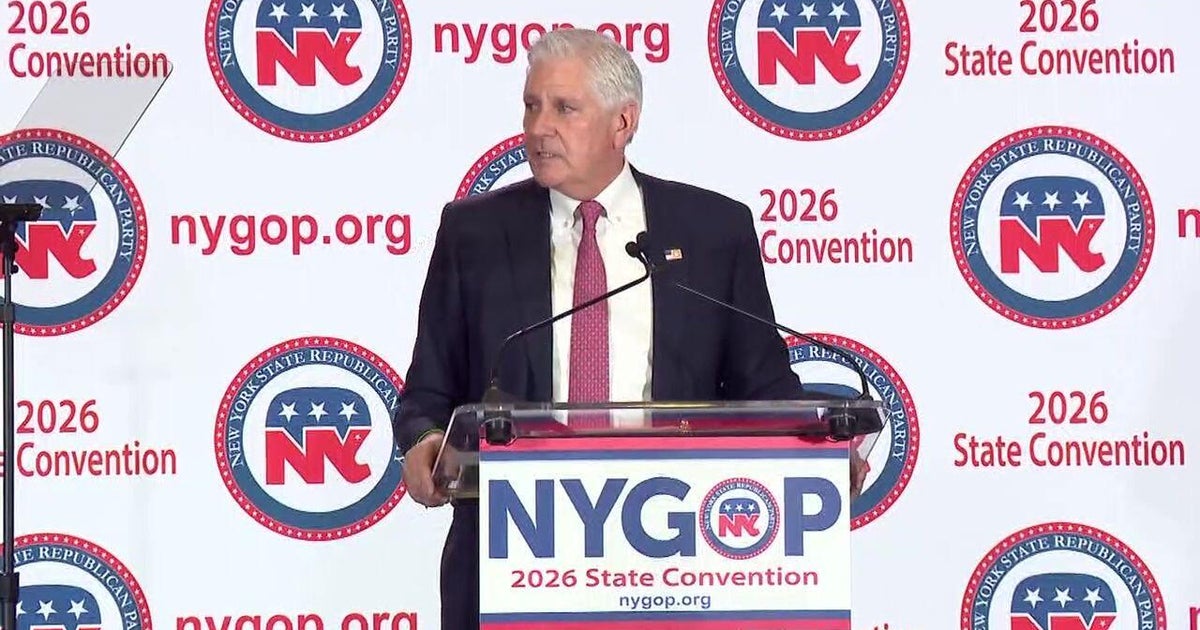Which stocks will gain on Obamacare's survival?
Up and down Wall Street, analysts will likely be scrambling to come out with their adjusted views on health care companies, given the crushing defeat in the Senate to repeal Obamacare. The vital question: How should investors play the survival of the Affordable Care Act (ACA)?
Let's take a look based on some observations from savvy market veterans.
First, the huge and widely diversified health care providers and services industry isn't an easy puzzle to fathom. Managed health care is its largest subindustry, based on market capitalization, accounting for 54 percent of the sector's market value. The health care facilities group is the smallest, representing about 11 percent of industry market cap.
The Senate's failure to repeal (or repeal and replace) the ACA "is most likely positive for hospitals and Medicaid-exposed names due to the retained coverage expansion and state funding," figured Benjamin Salisbury, analyst at FBR Capital Markets.
Other managed care companies, biotech and medical tech are "likely to be viewed negatively on failure to repeal taxes and regulations," he pointed out. That will largely be viewed, said Salisbury, as a "missed opportunity to change contribution limits that would make these plans more attractive to the public."
Anne Van Praagh, head of global credit strategy and research at Moody's, said the status of individual marketplaces and health insurers' participation "remains uncertain." And she argued that any path that increases instability among ACA participants would be "credit-negative for rated insurers that remain in the marketplace." Van Praagh said "we will be carefully monitoring the administration's health care agenda."
So which health care companies will benefit the most from ACA's survival?
UnitedHealth Group (UNH), the largest company within the industry with a market cap of $160 billion, "is the health insurer best positioned to benefit," said Stephen Leeb, president of Leeb Asset Management and editor of the market newsletter, The Complete Investor. By a wide margin, UnitedHealth is the country's biggest health insurer, noted Leeb, with its revenues of more than $185 billion exceeding those of its three closest competitors, Cigna (CI), Aetna (AET) and Anthem (ANTM).
Among the hospitals, Tenet Healthcare (THC) and Universal Health Services (UHS) top some analysts' picks. Tenet, a diversified health services company, ranks among the largest U.S. for-profit hospital managers. And Universal Health is one the major U.S. hospital and health facilities companies.
UnitedHealth has made a push in Medicaid Advantage, the program that Congress created in 2003 to stabilize health care spending by the elderly. Today, nearly 16 million Americans have Medicare Advantage plans -- some 3.6 million of them provided by UnitedHealth, noted Leeb. In 2016, revenues from the premiums UnitedHealth received from the Centers for Medicare and Medicaid Services (the government unit that funnels money to private insurers for these plans) represented 25 percent of the company's overall revenues.
Leeb said UnitedHealth's two operating units fuel the company's robust growth: Its insurance arm, United Health Care, which also provides managed care services to Medicaid programs and plays a leading role in providing Medicare services; and its Optum unit, one of the three largest U.S. pharmacy benefit managers.
"UnitedHealth is the most natural private integrator of health care in the country," said Leeb. "It could establish a working relationship with a dysfunctional government bureaucracy that could be assigned the role of regulating -- or at least partially regulating -- rates of return," he said.
Shares of UnitedHealth have steadily advanced over recent years, climbing from $120 apiece in October of 2016 to $191.15 on Friday, July 28, when it was up $2.22, or 1.2 percent. On a day that the overall market was basically flat, the move reflected investors' anticipation that the company would be among the winners of the Senate's ACA failure.
Also high on UnitedHealth is UBS, which raised its price target to $213 a share, from $194, based on its raised earnings forecasts for 2017, 2018 and 2019.
"UnitedHealth believes its distinctive product value should allow the company to gain market share in both group and individual Medicare Advantage markets," said A.J. Rice, equity analyst at UBS, who rates the stock as a "buy." While he said the strong outlook for group Medicare Advantage is a function of the company's good track record, the "positive individual MA business outlook is driven by the company's ability to keep its benefit offerings stable year-to-year."
The company's competitive advantage, he added, stems from the "overall value UnitedHealth offers that's providing for high retention and favorable word-of-mouth from seniors and brokers in local markets."
Rice noted that hospital stocks are up 16.6 percent year-to-date, outperforming the 8.3 percent gain by the S&P 500 index and the 14.6 rise in the S&P Healthcare Index, despite investor worry about the potential impact of Congress' attempts to repeal and replace ACA. The status quo for ACA is the "best-case scenario" for the hospital group, argued Rice.
Among other health care stocks, Tenet (THC) edged up only slightly, to $17.78 a share from $17. But Rice figured the possibility exists that Tenet could outperform relative to consensus estimates.
For Tenet, said Rice, having all of its hospitals in Humana's (HUM) network starting on June 1 "represents a source of upside relative to second-quarter outlook."



